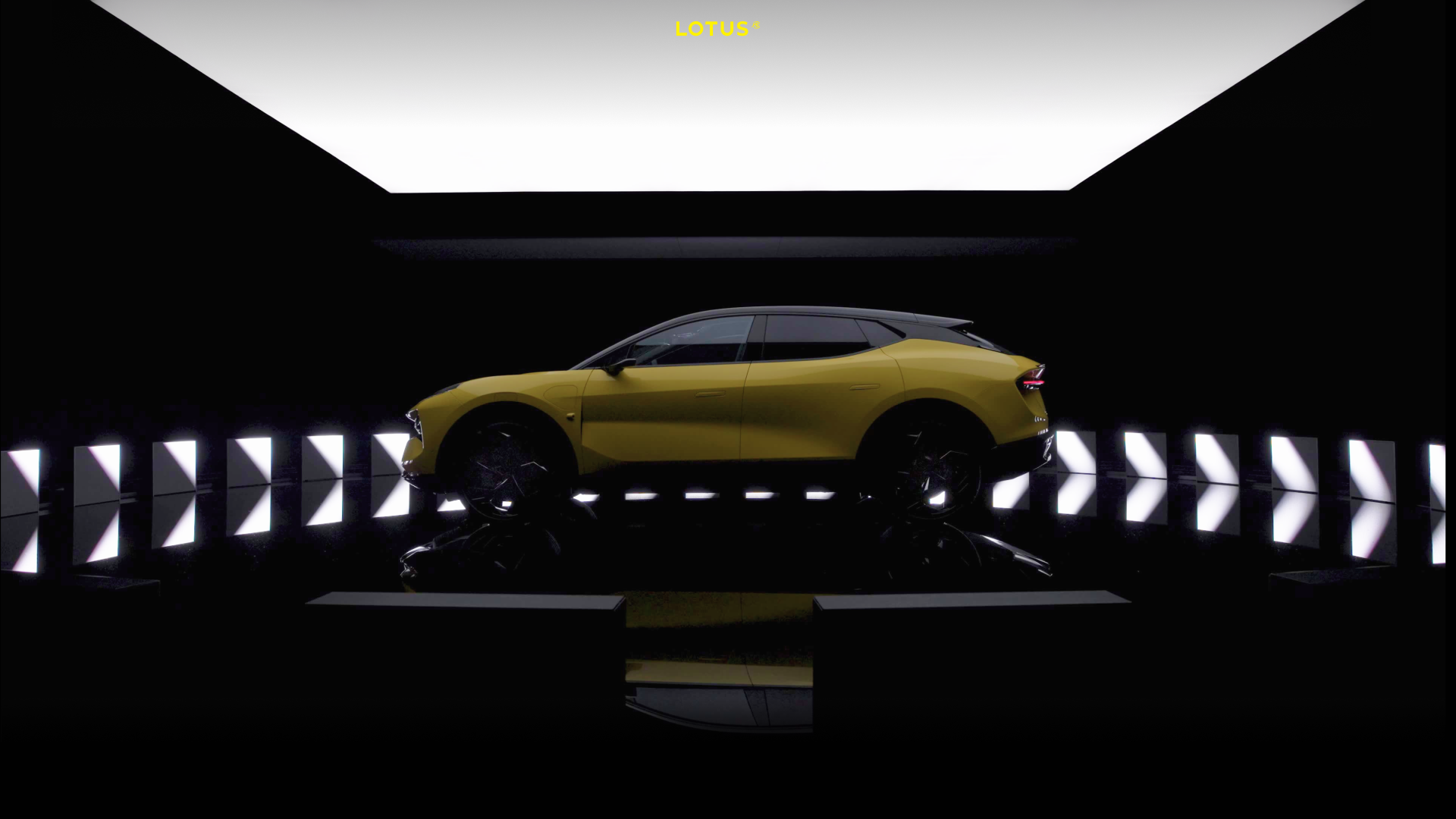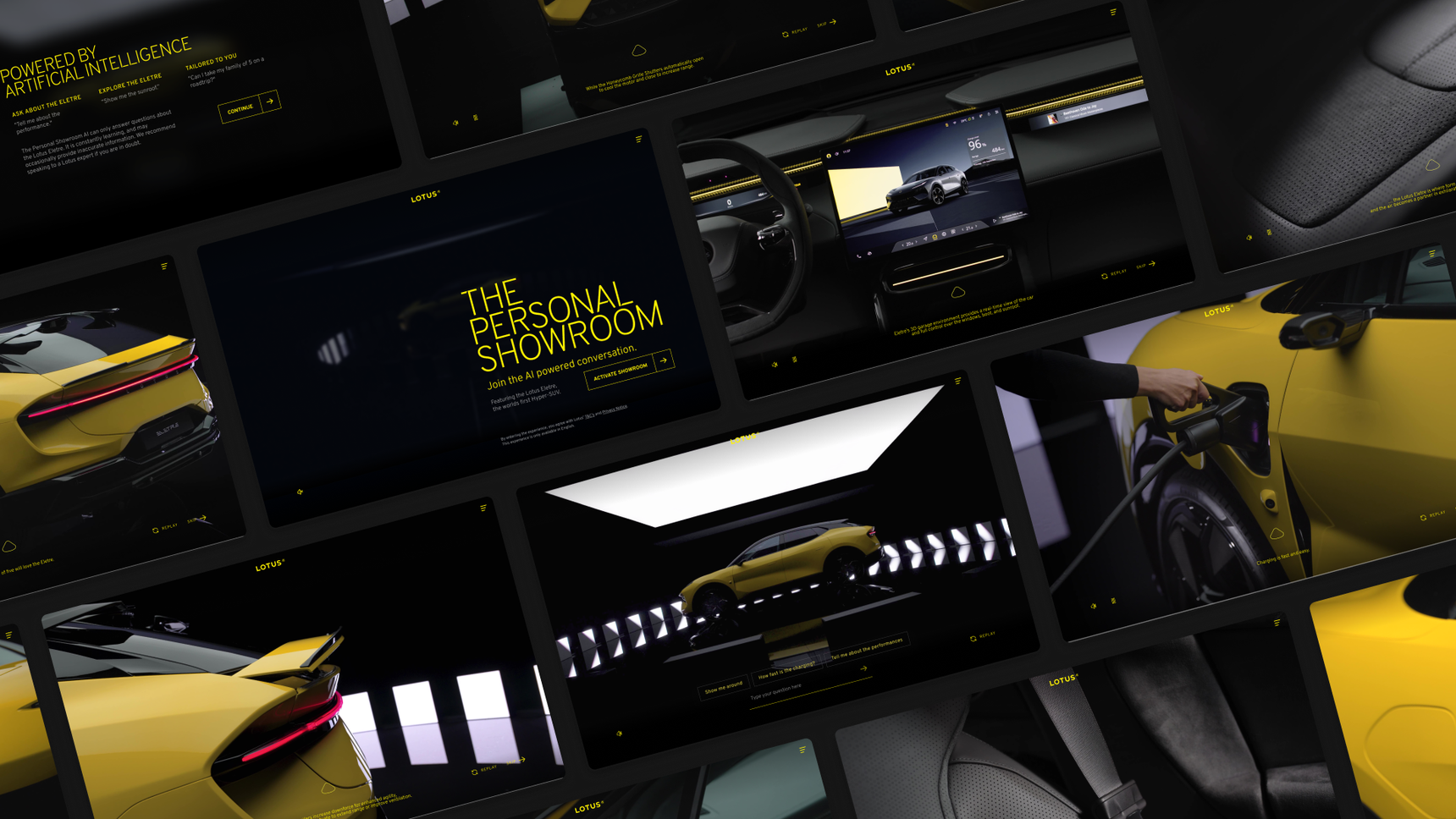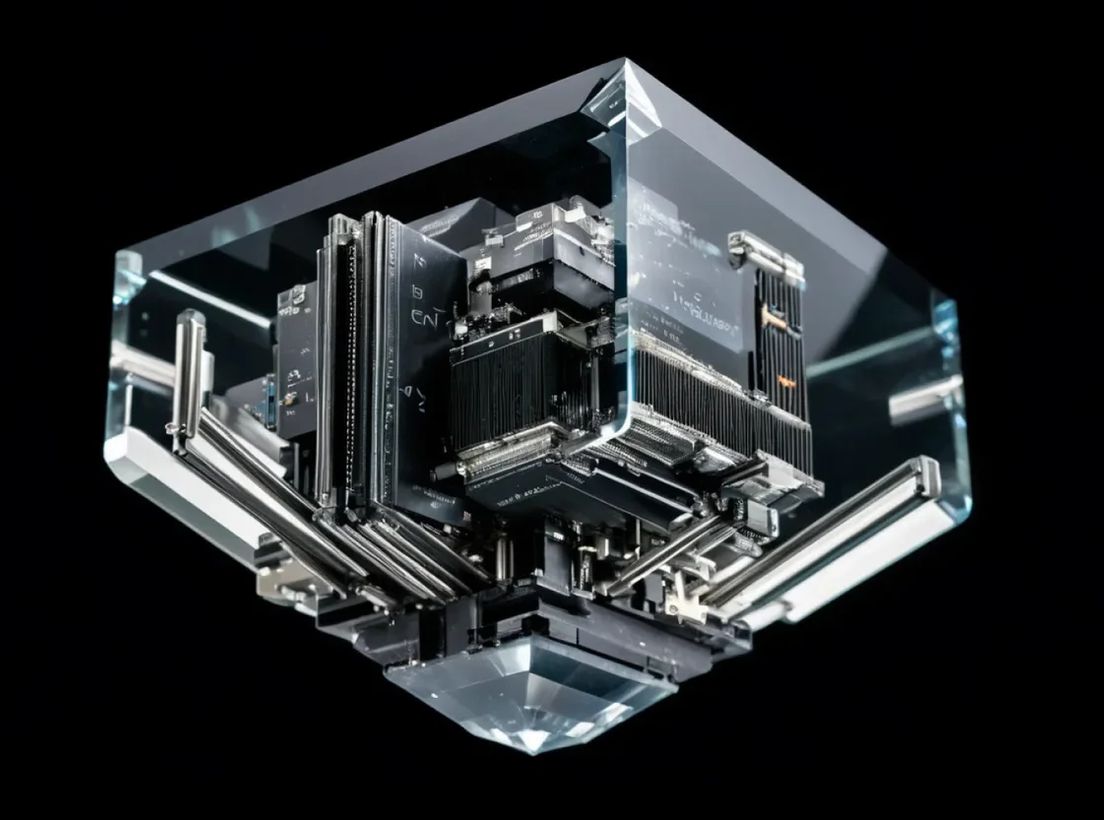
The automotive industry is at a pivotal moment. Having been part of its digital transformation across various brands over the past 20 years, I’ve seen it swing from one extreme to another.
More recently, during the pandemic, it seemed like the promise of full digitization was finally being fulfilled as more brands pivoted towards D2C and tried to wrest control of the customer relationship from the dealer. But as the world opened back up we realized people still crave human connection. The future isn’t just digital—it’s about finding the right balance between technology and personal engagement.
Rediscovering the human element
The evolution of automotive retail mirrors how society grapples with technology. Take Porsche’s recent journey, for example. In 2023, they heavily invested in virtual showrooms and online sales channels, boosting digital leads by an impressive 40%. But here’s the interesting part: 82% of these digital-first customers still wanted a personal consultation before making a purchase.
However, while digital has always been able to scale with marginal incremental cost, human beings and physical spaces are as hard to scale as they ever were. This is where AI, trained by millions of human interactions and fine-tuned on a brand can deliver the kind of uplift in interaction quality that really creates an impact in digital.
For our client Lotus, the challenge was to deliver the kind of personalized responses that dealers can deliver, without the physical footprint available to some of its competitors. So, when ChatGPT started to make waves back in 2022, we started building an AI-powered showroom featuring over 1,500 dynamically generated video responses. This multi-award-winning project shows that technology can create deeply personal experiences using AI. At the same time, we have been working with Lotus on the end-to-end customer experience, to give the dealer an important role and create the most impactful combination of physical and digital channels. According to Automotive News, this hybrid approach has bumped up customer satisfaction scores by 35% compared to traditional dealerships.
"Lotus’s AI-powered showroom hits this balance perfectly. It’s open to everyone but manages to offer an experience that feels uniquely personal to each visitor."
Shifting values in the market
The idea that we’re moving up the “Progression of Economic Value,” as B. Joseph Pine II and James H. Gilmore put it, has never been more relevant. We’re beyond just selling cars or providing services. Successful brands today understand they’re in the business of crafting memorable experiences and fostering personal connections.
A Mercedes-Benz customer isn’t merely buying a car with excellent German engineering; they’re investing in a journey filled with discovery and delight alongside the brand. In the luxury automotive sector, digital tools have made luxury experiences more accessible and immersive, allowing brands to scale their personal touch without losing exclusivity. The real challenge is maintaining that delicate balance between being accessible and remaining aspirational.
Lotus’s AI-powered showroom hits this balance perfectly. It’s open to everyone but manages to offer an experience that feels uniquely personal to each visitor. It retains its luxury status through high-quality digital experiences, including top-notch video and audio elements.
BMW’s “Future Retail” program adds another layer to this discussion. Their data shows that customers who engage with both digital and physical channels spend 60% more time exploring vehicle options and report a 40% higher satisfaction rate with their final decision.

Blending technology with humanity
It’s becoming clear that the future of automotive retail isn’t about choosing between digital efficiency and human touch. It’s about orchestrating both seamlessly and adding a personal flair to the digital experience. Think of it like a well-composed piece of music: digital tools provide the structure, but human interaction delivers the emotional highs that make the experience memorable.
Over the years, I’ve noticed that the most successful retailers understand that personalization isn’t just about algorithms and data. True personalization comes from building relationships and fostering loyalty. It’s about creating moments that resonate on a human level, even when facilitated by technology. When the Lotus Personal Showroom AI remembers a customer’s preference for sustainable materials or their passion for performance driving, it’s not just smart programming—it’s seemingly showing a genuine understanding, making the experience feel personal.
But there’s another element: personal relationships are two-way, not one-way. Optimizing only for the customer and building the entire experience around their needs makes it relevant, but not distinctive. That’s why the best-personalized experiences bring as much of the brand’s character to the conversation as they optimize for the consumer. Lotus’ Personal Showroom doesn’t just understand your personality, it is bursting with brand personality of its own. The Showroom feels like a luxurious and innovative experience, just like driving the Eletre. And the AI is fully trained on the tone of voice of the brand, so there is consistency between the online experience and the offline experience of buying, owning and servicing the vehicle.
Rolls-Royce’s 2023 customer behavior analysis reveals an intriguing trend. A whopping 85% of their ultra-luxury buyers use digital channels for initial research, yet 92% say personal relationships with brand representatives are “crucial” to their purchase decision. Bentley’s Studio concept supports this, where digital customization tools are paired with personal brand ambassadors, leading to a 50% increase in custom orders.
Looking ahead: a renaissance in retail
We’re on the brink of what I believe is a renaissance in automotive retail. Much like the historical Renaissance blended classical wisdom with new innovations, we’re learning to merge traditional human values with technological advancements. Success in this new era isn’t about having the flashiest digital tools or the most opulent showrooms—it’s about creating meaningful connections that go beyond any single channel.
From the 1930s cars have always been sold through dealers. In the US, dealerships convinced states to implement franchise laws that made it mandatory to sell cars through dealer networks. Tesla, in 2003 shook up the industry with their direct-to-consumer model. It was a bold move that now serves as just one example in a broader transformation. Their customer satisfaction rates of 89% for digital interactions are impressive. However, newer hybrid models like Porsche’s “Digital Plus” program are achieving even higher satisfaction rates of 92% by combining digital convenience with human interactions.
Future vision
As we look to the future, it’s clear to me that digital services will increasingly drive differentiation for the car industry. Especially as the car’s core function: of getting you from A to B, is increasingly commoditized through cheap and abundant electric cars and eventually autonomous driving - turning every car into a taxi, or perhaps into personalized public transport. Digital, personalized services will fulfill an important role both in the purchase but also in the ownership journey. They will deliver value in traditional touchpoints like web and app but increasingly through a blend of mobile and in-car apps. And they will be used to connect drivers, OEMs and dealers by driving down costs and increasing impact.
Looking at successful initiatives across the industry—from Lamborghini’s “Ad Personam” digital studio, which has increased custom orders by 35%, to Lotus’s AI-powered showroom—it becomes clear that the future belongs to brands that can seamlessly weave together digital innovation and human connection into a personal journey.
The future of automotive retail isn’t about being digital or physical—it’s about being both, and more importantly, being deeply and authentically personal. That’s a future I’m excited to keep driving toward.
References
- McKinsey & Company. (2022). The Future of Automotive Retail: “Omnichannel Evolution.”
- Porsche Digital. (2023). “Annual Digital Transformation Report.”
- BMW Group. (2023). “Retail Innovation Strategy.”
- Mercedes-Benz. (2023). “Retail 2025 Strategy Document.”
- Rolls-Royce Motor Cars. (2023). “Digital Transformation Initiative.”
- Bentley Motors. (2023). “Digital Retail Experience Report.”
- Tesla, Inc. (2023). “Customer Experience Innovation Report.”
- Deloitte. (2023). “Automotive Digital Transformation Study.”
- Automotive News. (2024). “Future of Retail Survey.”
Industry insights, company updates, and groundbreaking achievements. Stories that drive Hypersolid forward.
Ready to turn your vision into reality?
Contact us and let's get started.


